8 Types of Foods That Pet Owners Must Know Are Inedible or Toxic for Cats
 July 3, 2023
July 3, 2023
As loving and responsible cat owners, our feline companions’ health is one of our paramount concerns. However, many popular human foods that may appear harmless can be potentially dangerous, and even fatal, for our cats. Having an understanding of what we cannot feed our cats is as essential as knowing the nutritious foods they need. Here are eight types of foods that are inedible or toxic for cats that every pet owner should be aware of.
 Chocolate: Although a delicious treat for humans, chocolate contains theobromine, a compound that is toxic to cats. Even small amounts can cause symptoms like increased heart rate, tremors, and seizures. Dark chocolates and cocoa powder have higher levels of theobromine, making them even more dangerous.
Chocolate: Although a delicious treat for humans, chocolate contains theobromine, a compound that is toxic to cats. Even small amounts can cause symptoms like increased heart rate, tremors, and seizures. Dark chocolates and cocoa powder have higher levels of theobromine, making them even more dangerous.
 Onions and Garlic: While these ingredients are commonly used in our everyday cooking, they should never be given to cats. Onions and garlic contain compounds that can lead to a condition called Heinz body anemia in cats. Consuming them can damage a cat’s red blood cells, leading to weakness, vomiting, and even organ failure.
Onions and Garlic: While these ingredients are commonly used in our everyday cooking, they should never be given to cats. Onions and garlic contain compounds that can lead to a condition called Heinz body anemia in cats. Consuming them can damage a cat’s red blood cells, leading to weakness, vomiting, and even organ failure.
 Grapes and Raisins: These seemingly innocent fruits can be highly toxic to cats. The exact substance responsible for their toxicity is unknown, but ingestion can cause kidney failure in cats. Symptoms of grape or raisin toxicity include vomiting, lethargy, and decreased appetite.
Grapes and Raisins: These seemingly innocent fruits can be highly toxic to cats. The exact substance responsible for their toxicity is unknown, but ingestion can cause kidney failure in cats. Symptoms of grape or raisin toxicity include vomiting, lethargy, and decreased appetite.
 Alcohol: It goes without saying that alcohol is toxic to cats (as well as dogs). Even a small amount can be extremely dangerous and can lead to alcohol poisoning. Cats are more sensitive to alcohol than humans, and even a few licks of an alcoholic beverage can cause severe illness, including respiratory distress, tremors, and in some cases, coma or even death.
Alcohol: It goes without saying that alcohol is toxic to cats (as well as dogs). Even a small amount can be extremely dangerous and can lead to alcohol poisoning. Cats are more sensitive to alcohol than humans, and even a few licks of an alcoholic beverage can cause severe illness, including respiratory distress, tremors, and in some cases, coma or even death.
 Caffeine: Found in coffee, tea, energy drinks, and some medications, caffeine is harmful to cats. It can stimulate their central nervous system, resulting in restlessness, rapid breathing, heart palpitations, muscle tremors, and even death. It is important to keep these substances out of reach of curious cats.
Caffeine: Found in coffee, tea, energy drinks, and some medications, caffeine is harmful to cats. It can stimulate their central nervous system, resulting in restlessness, rapid breathing, heart palpitations, muscle tremors, and even death. It is important to keep these substances out of reach of curious cats.
 Raw Eggs, Meat, and Fish: While cats are obligate carnivores and require a meat-based diet, raw eggs, meat, and fish can pose serious health risks. These food items may contain harmful bacteria like Salmonella or E. coli, which can lead to food poisoning in cats. Cooking these meats and eggs thoroughly before giving them to your cat is essential to avoiding any potential risks.
Raw Eggs, Meat, and Fish: While cats are obligate carnivores and require a meat-based diet, raw eggs, meat, and fish can pose serious health risks. These food items may contain harmful bacteria like Salmonella or E. coli, which can lead to food poisoning in cats. Cooking these meats and eggs thoroughly before giving them to your cat is essential to avoiding any potential risks.
 Milk and Dairy Products: Contrary to popular belief, most adult cats are lactose intolerant. While kittens may tolerate milk, adult cats lack the necessary enzymes to properly digest lactose found in dairy products. Feeding cats milk or dairy products can lead to stomach upset, diarrhea, and digestive discomfort.
Milk and Dairy Products: Contrary to popular belief, most adult cats are lactose intolerant. While kittens may tolerate milk, adult cats lack the necessary enzymes to properly digest lactose found in dairy products. Feeding cats milk or dairy products can lead to stomach upset, diarrhea, and digestive discomfort.
 Xylitol: an artificial sweetener found in many sugar-free products, xylitol is extremely toxic to cats. Consuming it can cause a rapid release of insulin, leading to hypoglycemia (low blood sugar). Symptoms of xylitol ingestion include vomiting, loss of coordination, seizures, and even liver failure. It is important to keep products containing xylitol out of reach of pets.
Xylitol: an artificial sweetener found in many sugar-free products, xylitol is extremely toxic to cats. Consuming it can cause a rapid release of insulin, leading to hypoglycemia (low blood sugar). Symptoms of xylitol ingestion include vomiting, loss of coordination, seizures, and even liver failure. It is important to keep products containing xylitol out of reach of pets.

All in all, we adore our cats and would do anything necessary to ensure their happiness, well-being, and longevity. However, in our attempts to spoil and cater to them, we must remember that not all foods that are safe for us are safe for our feline friends. Understand what is toxic to them, and scheduling regular check-ups with the vet can help keep them in optimum health. Ensuring your cat’s dietary well-being can be as simple as keeping essential lists, like this one, handy when it comes to food decisions.
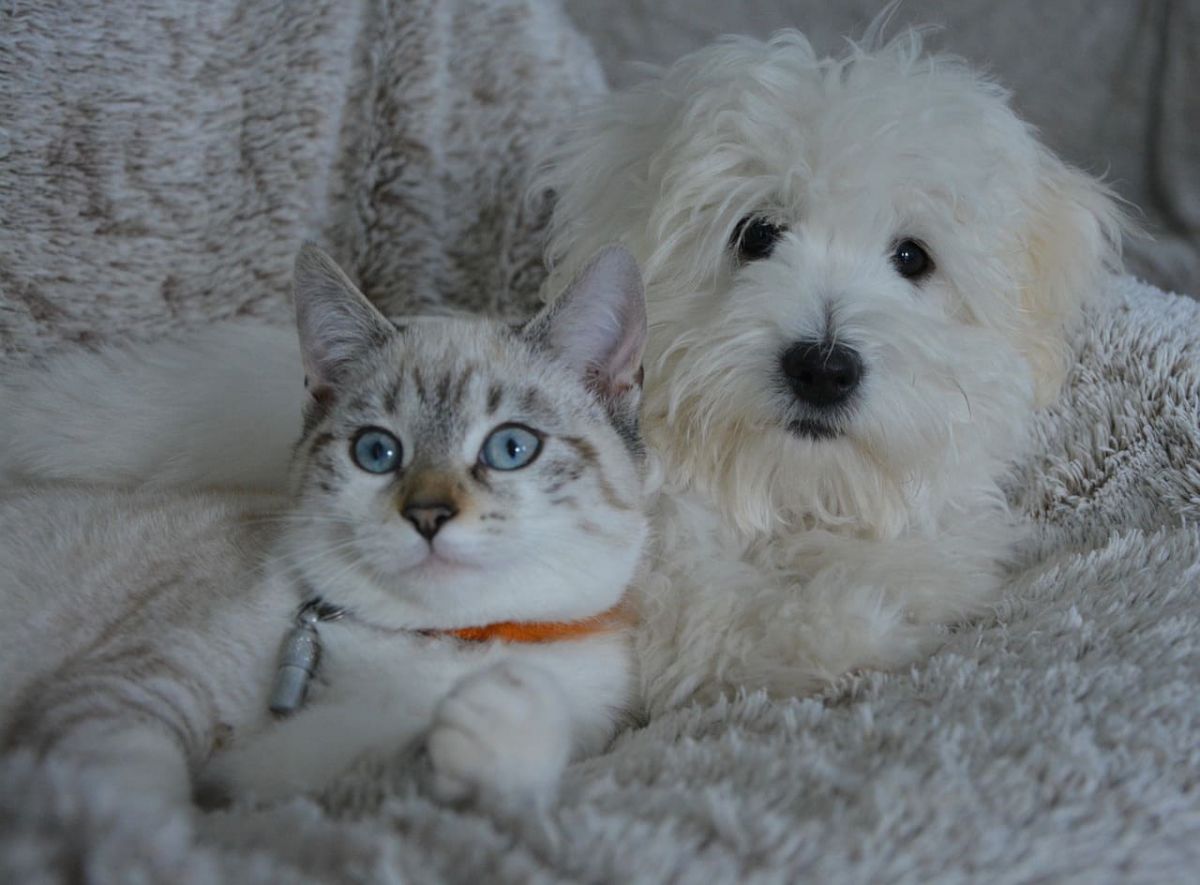
An Authoritative Glimpse into the World’s Top Ten Most Popular Categories of Pets

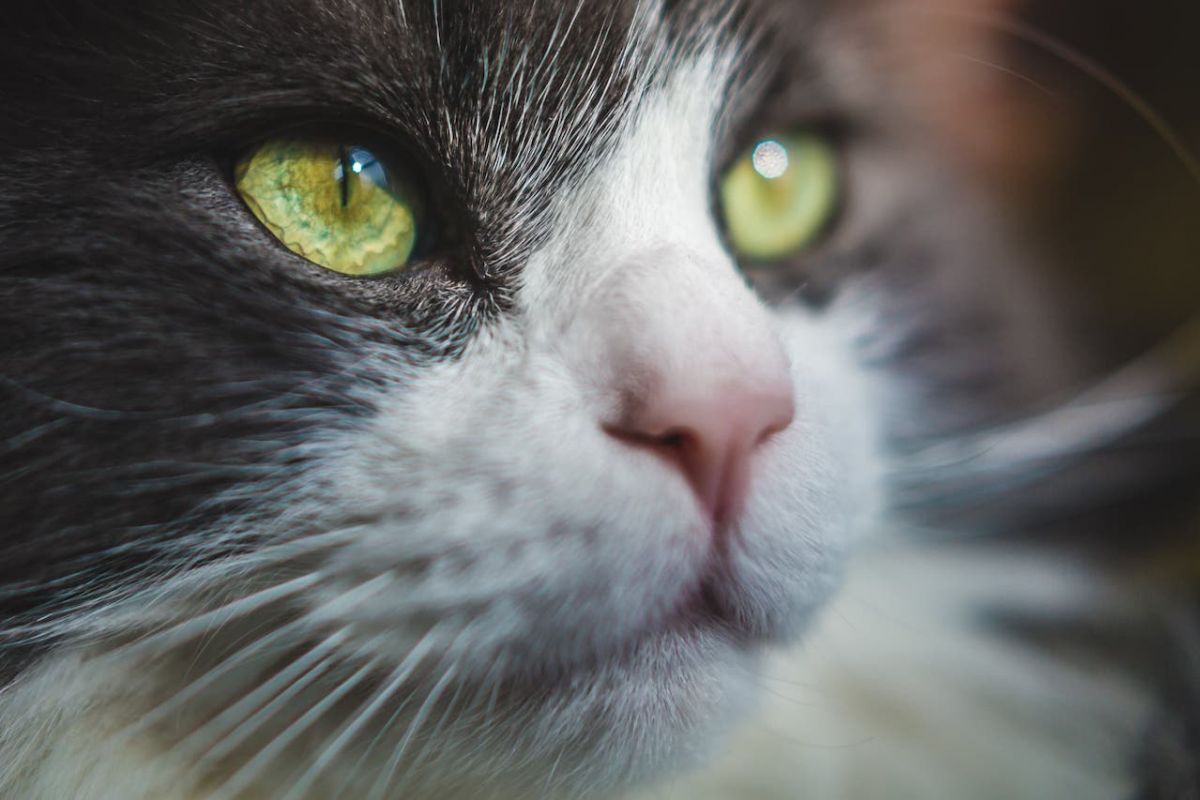
Why Do Cats Squirm Before Pouncing

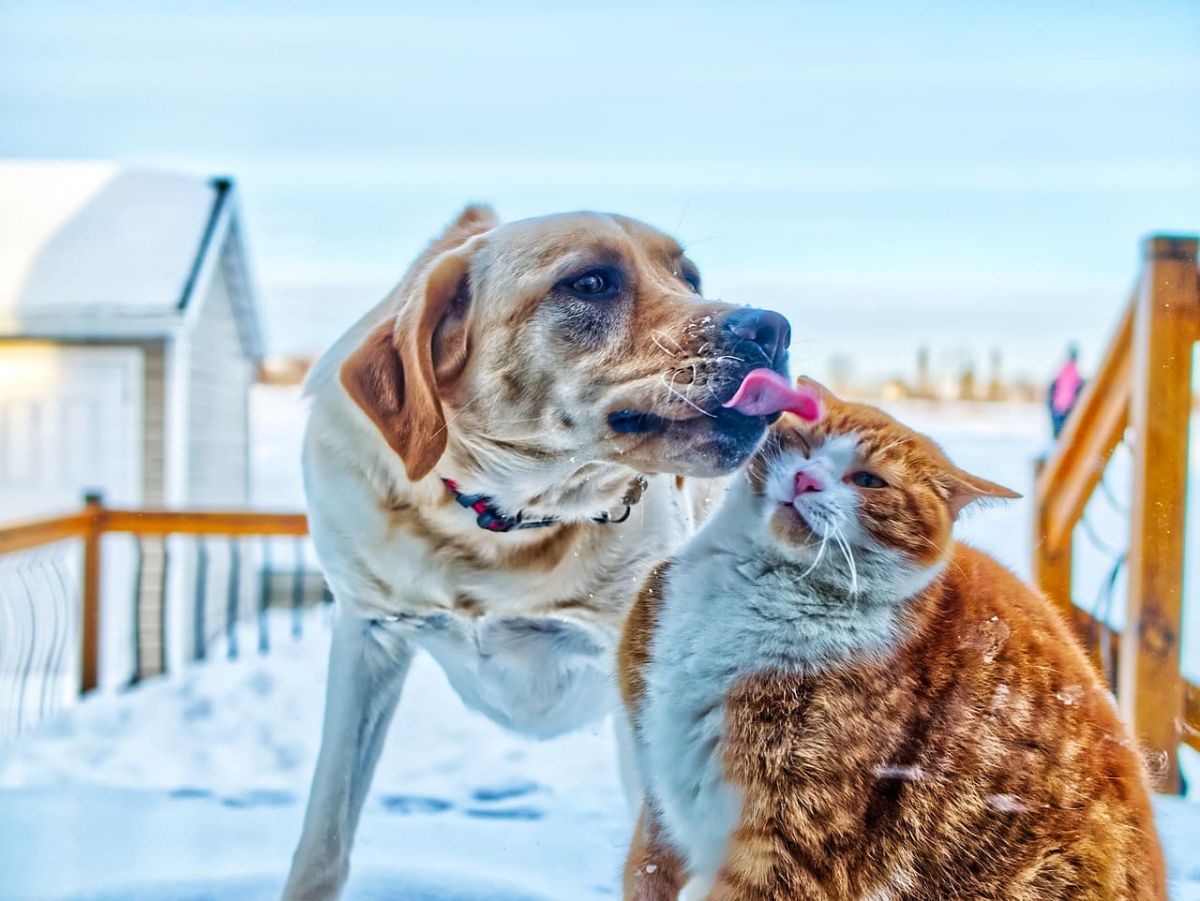
True Heartwarming Stories: The Unbreakable Bond Between Animals and Humans

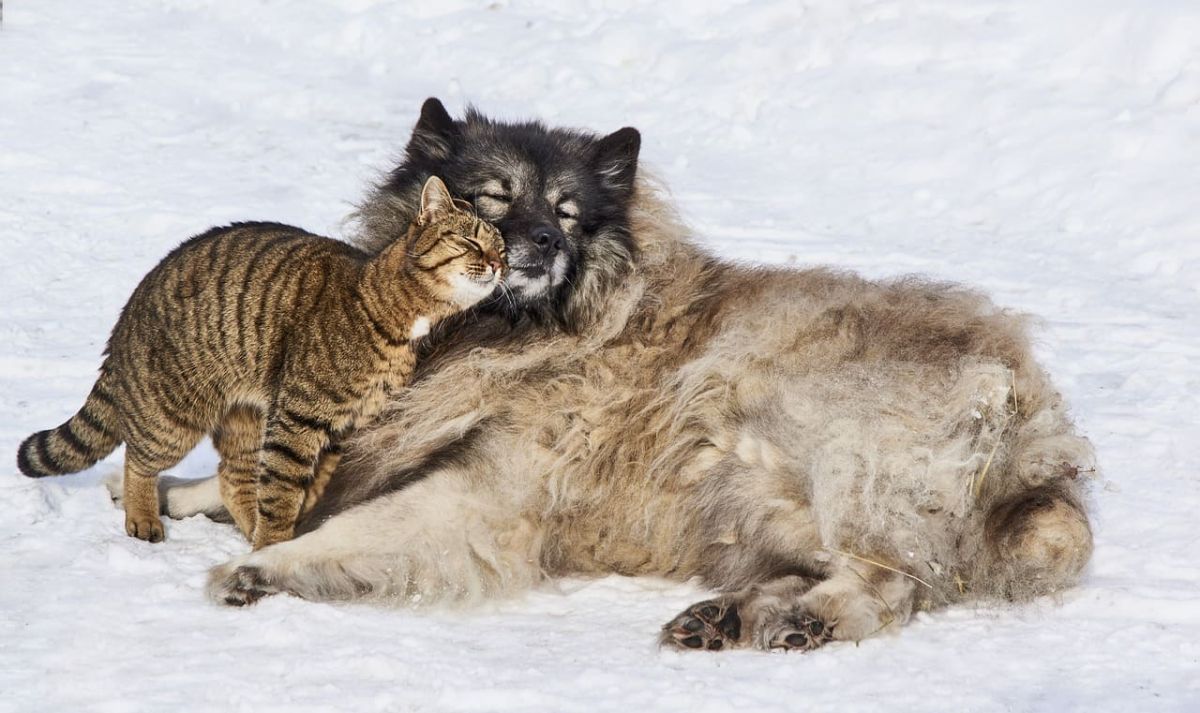
Pets’ Interesting News and Anecdotes


Owning a Pet May Help Maintain Mental Health When We’re Over 65


Pet IQ Test: Explore Your Pet's Intelligence and Potential


Pet Insurance: A Must for Comprehensive Pet Protection

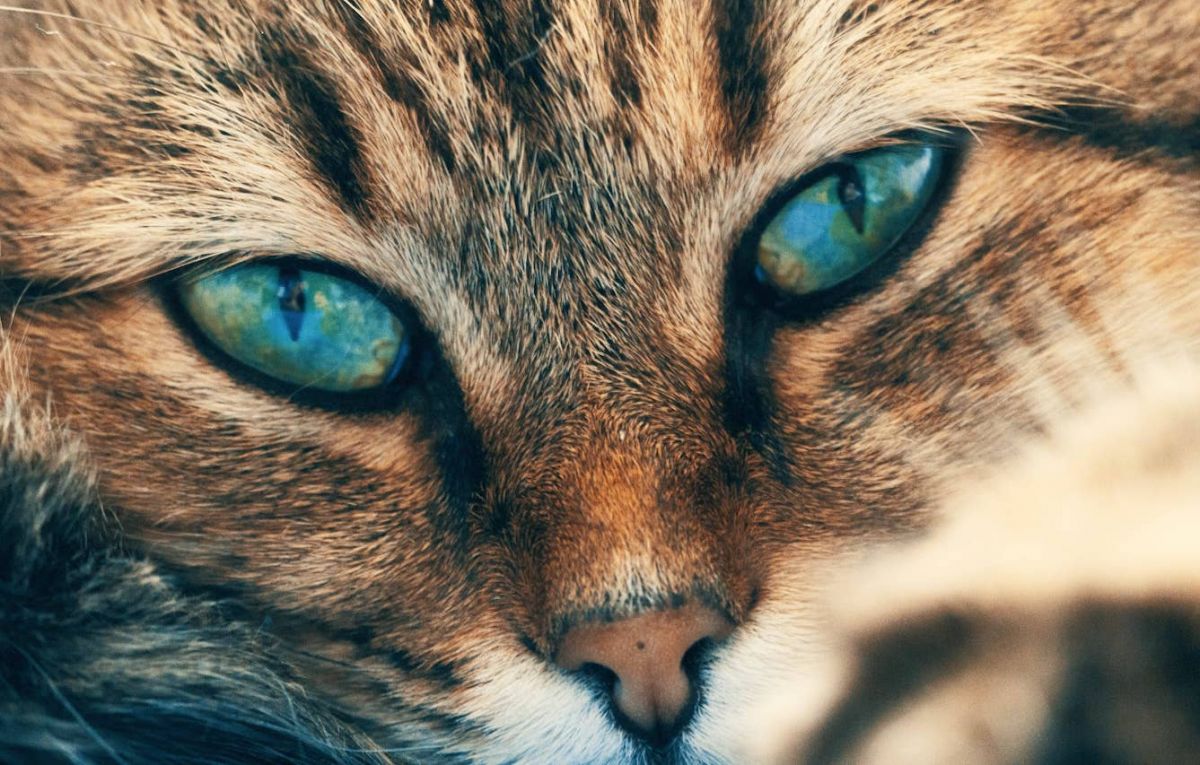
Instruction to PetSmart















